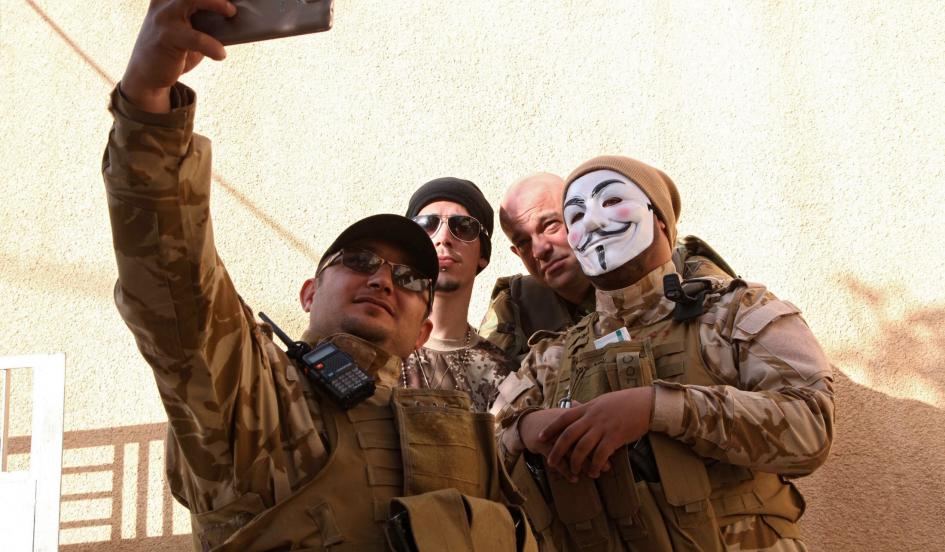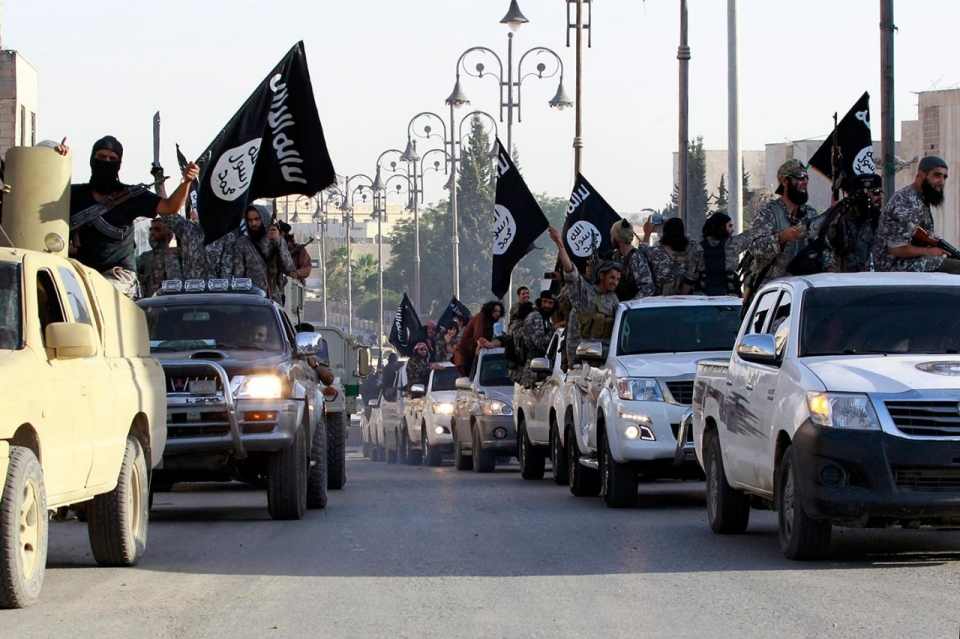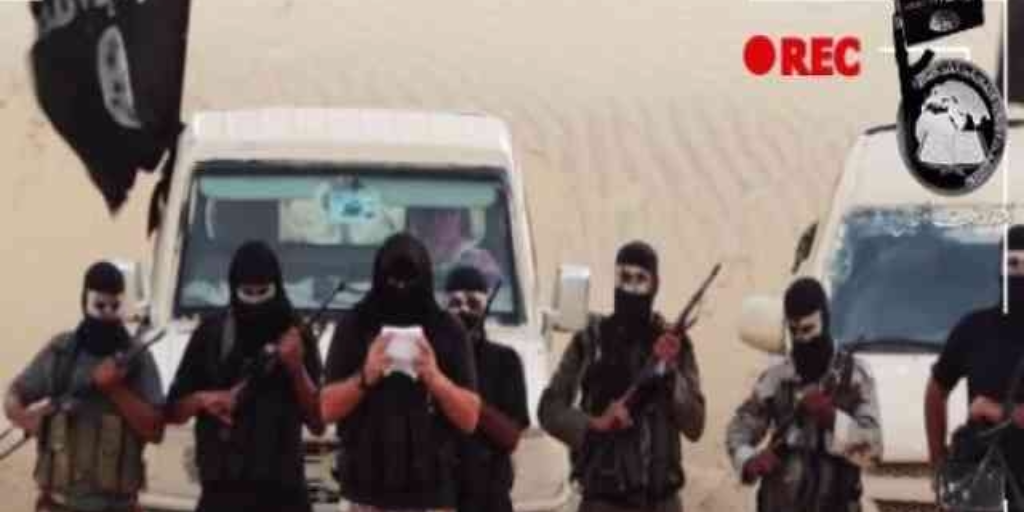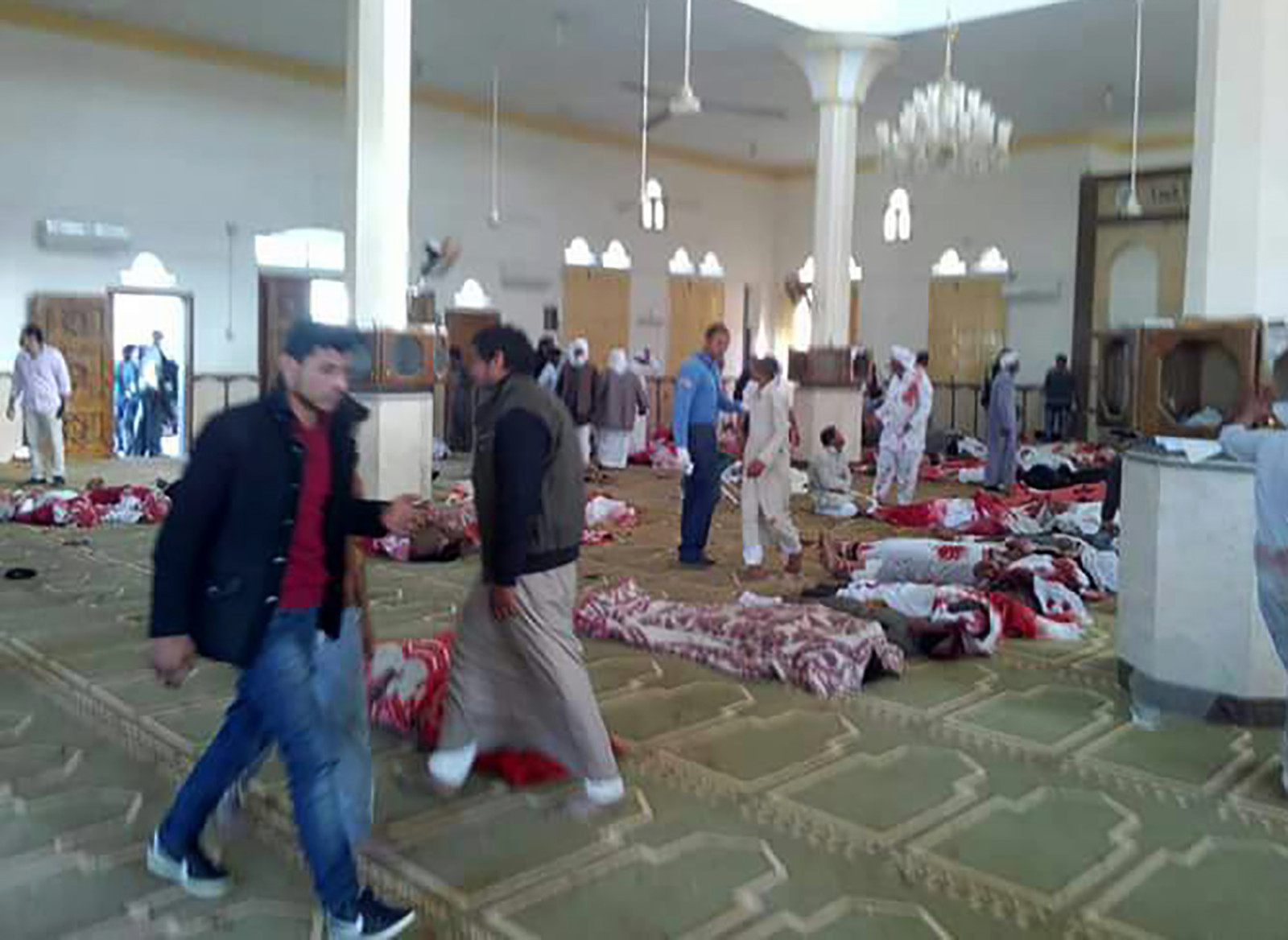On Friday, as hundreds of worshipers gathered to pray in Al-Rawda mosque in Egypt’s North Sinai, a group of unidentified individuals opened fire and used explosives, killing at least 305 people and injuring more than 100 others.
Following the attack, a number of media organisations used the word ‘militant’ to describe the attackers, while others used the word ‘terrorist’.
Internationally, prominent news organisations used the word ‘militant’. The New York Times headline stated ‘Militants Kill 235 at Sufi Mosque in Egypt’s Deadliest Terrorist Attack’. Meanwhile, the BBC referred to the attackers as militants throughout its article.
Locally, the majority of Arabic-language media organisations used the Arabic word for ‘terrorist’. Ahram Online, an English publication of the state-owned Al-Ahram, referred to the attackers as ‘gunmen’. Meanwhile, both Daily News Egypt and Mada Masr followed international media in using the word ‘militant’.
The use of the word ‘militant’ as opposed to ‘terrorist’ led to some debate on social media. Some Egyptians argued that the use of the word ‘militant’ was inaccurate and that the attackers should be described as terrorists.
What is a militant?

The Merriam-Webster dictionary defines militant as an individual ‘engaged in warfare or combat’. Meanwhile, the Collins English Dictionary defines militants as people ‘who believe in something very strongly and are active in trying to bring about political or social change, often in extreme ways that other people find unacceptable’.
Historically, ‘militant’ has been used to describe a wide range of individuals. In relation to the working class in the 1900s, Nicholas Thoburn explains ‘militancy’ was understood as “an expression of the working on the self in the service of revolutionary change”.
Militancy, Thoburn explores, was intricately linked with seeking political and social change, often through radical means. For example, environmental activists in the United States were often involved in confrontational and ‘radical’ tactics aimed at voicing their concerns about the environment, particularly in the 2000s.
Militancy has also been used to describe those resisting foreign military occupation. For example, individuals in Afghanistan who fought the Soviet Union between 1969 and 1989 were often described as militants. This is despite the fact that their methods often involved killing.
These definitions indicate that militants are individuals who may resort to extreme methods to bring about political or social change. Militants may seek to achieve their political aims through coercion, but are not necessarily doing so by targeting civilians: violence deployed is calculated and not indiscriminate.
Can a group that is involved in killing of civilians still avoid the ‘terrorist’ label?
Today, the Taliban is not designated a terrorist organisation by the United States despite targeting civilians. However, political experts believe that this is purely a matter of politics: designating the Taliban a terrorist organisation would restrict the United States’ ability to negotiate with the Taliban, both directly and indirectly.
“There is no doubt that the Taliban occasionally attacks civilians intentionally, not accidentally, and that’s the definition of terrorism,” said James Dobbins, a former U.S. Special Representative for Afghanistan and Pakistan, to Voice of America. “And, thus, the designation would be accurate enough. The question is whether or not it would serve the U.S. and Afghan government purposes for that step to be taken.”
Other militant groups have not been able to escape the terrorism moniker. For example, the United States lists the Gaza-based Hamas as a terrorist organisation for its targeting of civilians. However, countries such as Egypt do not. This again is a matter of politics: Egypt continues to play a key role in mediating between Israelis and Palestinians. If Egypt were to declare Hamas a terrorist organisation, despite Hamas’s suspected involvement in attacks on Egyptian soil, then the Egyptians’ ability to negotiate with Hamas would be restricted.
Overall, militants may or may not use physical violence and armed combat to achieve their aims. Where such violence is used, it is often not intended to be indiscriminate. However, many groups described as militant groups often use terrorism, blurring the lines between militancy and terrorism.
What is a terrorist?

According to John Deutch, terrorists, like militants, wish to achieve political aims through coercion. However, unlike militants, terrorists aim to do so by targeting innocent people and noncombatants.
While many may refer to recent attacks in Europe as attacks by ‘irrational’ individuals, rationality does not necessarily distinguish terrorists from militants: both can be equally rational in their use of violence.
Academics such as Michael Ignatieff disagree and believe that terrorists, unlike militants, almost always have unconscious personal goals in mind – such as ‘securing entry to Paradise’. Therefore, according to Ignatieff, “terrorists cease to think like political actors, susceptible to rational calculation of effect, and begin to act like fanatics”.
However, Susan Medun argues that the fact an individual acts with some unconscious belief does not necessarily mean that they are irrational. As Sigmund Freud’s research shows, the irrational is unconsciously rational: unconscious actions do not develop independently and are often based on the demands of ideology.
Additionally, Kim Cragin explains that terrorists are rational and indeed have respect for the law. However, the law which they respect is a different law or a different interpretation that portrays them as rational and others as irrational and uncivilized. Terrorists, therefore, rationalize their use of violence against innocent people and noncombatants.
Many in the Western media have attempted to rationalize the attack on the mosque in Egypt by stating that the mosque was a Sufi mosque. Sufism is a branch of Sunni Islam and is largely universally accepted within Sunni Muslim communities across Egypt and the world.
However, newspapers have stated that Wilayat Sinai, an organisation which pledged allegiance to ISIS in 2014, believes Sufis are ‘unbelievers’ and ‘practice witchcraft’. As such, the New York Times and others indicate that the attack was not a senseless attack, but a rational one that can be explained. The same media organisations have used the word ‘militant’ to describe the attackers, almost as if terrorists cannot be rational.
If terrorists can be rational, what then is the distinction?
Assaf Moghadam, Ronit Berger, and Polina Beliakova write that there is a moral threshold that sets terrorists apart from militants, explaining that “once a militant group decides to engage in indiscriminate violence against civilians for political [and therefore rational] ends, it crosses a certain moral threshold”.
If a group of men attack soldiers who are occupying their land, then this might not necessarily cross the moral threshold. However, if the same group of men who used to attack soldiers are now bombing cafes and public buses, killing innocent people and noncombatants, then it is clear that a moral threshold has been crossed.
It is therefore no surprise that individuals who carry out attacks in Western countries, where there is no sort of warfare between the State and non-state actors, are often called terrorists. These individuals, in the majority of attacks, often target civilians in an indiscriminate fashion.
So were the attackers in Egypt militants or terrorists?

Wilayat Sinai and other armed organisations in Egypt have attacked both security personnel and civilians in attacks that have been both indiscriminate and calculated.
However, in Egypt, there is no foreign military occupation. The assailants are often not individuals necessarily frustrated by government oppression. In fact, in many cases, attacks in the Sinai have been carried out by foreigners.
Additionally, the assailants have often targeted civilians and noncombatants in Egypt’s Sinai. The recent mosque attack in Egypt most certainly crosses the moral threshold between militancy and terrorism. The attackers targeted innocent men and children as they prayed in a mosque, killing 305 people, including 27 children. Additionally, reports indicate the attackers targeted paramedics and other civilians who arrived at the scene hoping to save lives.
Still, if it can be assumed that the attackers have some sort of rational and political agenda, should they still escape the terrorism moniker?
As Moghadam, Berger and Beliakova explain, “naming and shaming such groups for their brutal and indiscriminate acts of violence can serve the important goal of undermining their ability to obtain popular support.”
Furthermore, “the use of the terrorism moniker to describe these groups can abet the curtailing of financial and material support they receive, and therefore help undermine their capacity to inflict harm”.
In Egypt, the use of the word “terrorist” to describe the attackers will certainly undermine the ability of the group responsible from obtaining popular support. By making it clear that this attack was an indiscriminate ‘terrorist’ attack on peaceful Muslim worshipers, any attempts to attract sympathy by the group responsible will likely be met with hostility.
Nevertheless, even if the word ‘militant’ continues to be used in describing groups such as Wilayat Sinai and other organisations operating in Egypt, it is clear that militant groups can cross a moral threshold. ‘Militant groups’ can be both terrorists and militants at the same time and it is important to clearly describe their actions as a form of ‘terrorism’ when that threshold is crossed.







Comments (2)
[…] 14- Egypt Mosque Attack: Militants or Terrorists? […]
[…] 14- Egypt Mosque Attack: Militants or Terrorists? […]